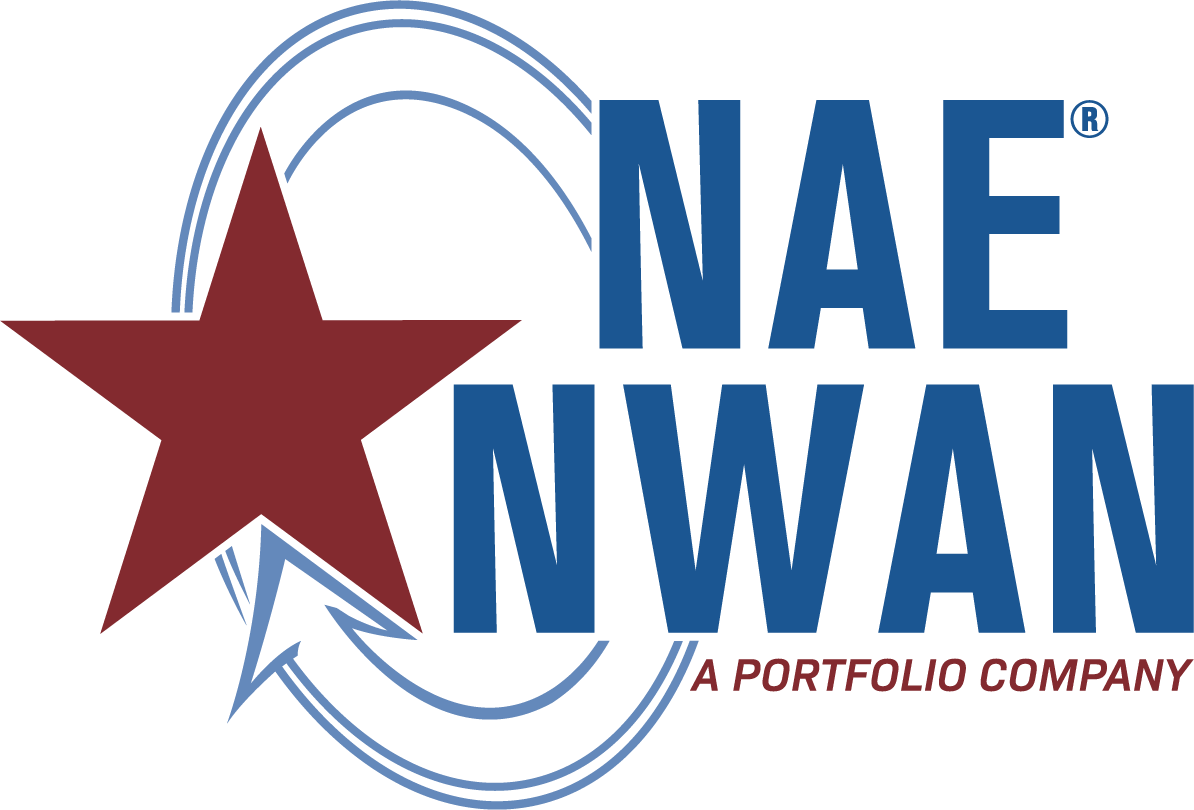Recently, I learned a very painful lesson: as Upwork clients, we are on our own.
Over the last six months, we had worked with an Eastern European contractor we found on Upwork. We hired him to build out important modules of a travel product we were releasing. He became integral to our development team, handling many of the key integrations between the modules he was leading, and those handled by the rest of the larger team. Although we could switch him out at any time, replace him with any other one of our in-house senior developers, hitting our delivery dates was entirely dependent on him. We just did not have enough time to replace him in time to meet our commitments.
The writing was on the wall from the beginning, and we should have had contingencies in place from the beginning. However, the project manager overseeing him for this particular job was inexperienced and missed all the early warning signs. Firstly, he had asked to be paid off of Upwork, a sign of dishonesty, as we all know the rules when hiring on that platform. He was also growing increasingly unreliable, sharing far more information about his personal life than we had any right to know or be concerned about. Though his code was bug-free, he started to miss his own delivery commitments. Despite these issues, the project leadership team made the decision to keep him on and not search for his replacement.
Introducing another senior developer into a project in which the current developer can reasonably expect to fully manage it, is always fraught with risk. The current lead will almost always see it as a threat to their own employment, and will then either shape up, or move over and train in the new developer. This contractor, however, did neither of these. Instead, as our lead team moved in another replacement, he mysteriously disappeared and stopped answering calls. When our project manager did reach him, he unloaded passive-aggressively, sharing complaints we never knew he had. For some reason, our project manager decided to retreat and withdraw the replacement developer, rather than push forward.
While I can forgive the judgement error of my team originally, this one is more difficult to accept. Up until the moment our project manager bowed to the pressure of this errant contractor’s demands, we had leverage. We employed him, gave him full-time security. We also had an open contract on Upwork, and the threat of posting a harsh review. We had the tools we needed to stage the project handover and replace him with an employee.
But once our project manager caved into his implied threats that he would leave the project if we introduced another developer, the situation changed. She feared she would miss our delivery dates, and decided to try to work with him rather than challenge and eliminate the threat. By the time this matter came to my attention, this had been going on for several months. It only arrived on my desk when the contractor threatened, over Skype, to steal and sell our code unless some of his demands were met. This did actually present a major threat to us, as the release of our intellectual property to our competitors could be devastating. I assessed the situation and concluded that the only path forward was to re-assert our original leverage and use every tool in our arsenal to expose this threat, retrieve our code, and shut him down.
Since hundreds of thousands of dollars in R&D were at stake, I immediately reached out to every institution and company associated with our relationship. That included Upwork, PayPal (for some earlier transactions between us), American Express, our American bank, and his bank in Lithuania. I provided a detailed summary of the contractor’s behavior, solidified with his written threat of extortion over Skype. It was enough of a report to merit serious investigation by Upwork and PayPal, and also received attention from the fraud departments at both banks, who were legally required to reply since the transactions had all taken place through the SWIFT system. American Express launched an investigation into the matter immediately, and was very helpful in providing updates.
The contractor’s account on both Upwork and PayPal was frozen immediately and flagged for fraud. This meant he could not collect any more funds through either of those channels. He received emails, letters and calls from a representative of both Bank of America and American Express. Though their reach was limited overseas, they do take action against fraud claims. I am not sure what his own bank did. But within a day, this contractor reached out to me directly, hat in hand, apologizing and asking for forgiveness. We ultimately received assurances that our code was safe; he committed the last bit of code he had withheld. We of course did not keep him in the project any long, so we lost several weeks bringing a new team up to speed on his module, and missed our delivery as a result. The entire episode potentially jeopardized our entire investment, led to delays, and avoidable costs. It was not a winning situation for us, no matter how we looked at it.
However, what was even more frustrating, is that this did not need to happen. In investigating the matter, we learned that, while our project manager made some poor decisions, she had been in touch with Upwork constantly once the relationship began to go sour. They offered advice, but never once intervened on our behalf, even when we presented evidence of this contractor’s dishonesty. They only took the matter serious when the CEO of the company stepped in and demanded nuclear-level action. For all intents and purposes, we were all alone on this.
Although we do not bid on projects on Upwork, we do still occasionally hire contractors for internal, non-client projects. But every single Prospus project manager and lead receives training on how to work with these contractors, and what signs to look for. And most importantly, they no longer work under the false impression that Upwork is going to help them resolve issues of deception, dishonesty, or extortion with contractors we hire on their platform.



























